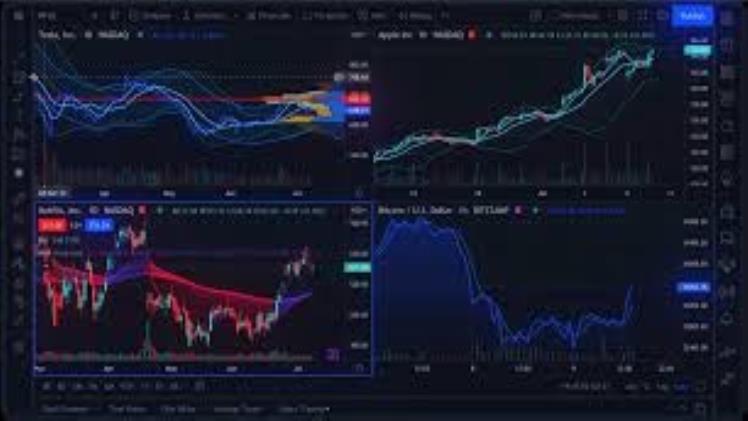
Choosing the right forex broker is a critical step in your trading journey. A suitable broker provides access to the forex market, supports your trading style, and ensures the safety of your funds. With numerous brokers available, each offering different services, fees, and platforms, finding one that aligns with your specific needs can be challenging. This guide will help you identify key factors to consider when selecting a forex broker.
Understand Your Trading Goals and Style
Before searching for a broker, clearly define your trading goals. Are you a beginner looking to learn, or an experienced trader seeking advanced tools? Are you interested in short-term day trading or longer-term investing? Your trading style—scalping, swing trading, or position trading—will influence the type of broker and account you require.
For instance, day traders may prioritize brokers offering low spreads and fast execution, while longer-term traders might focus more on leverage options and educational resources.
Check Broker Regulation and Reputation
Regulation is one of the most important aspects to verify. A regulated broker operates under the supervision of financial authorities and must comply with specific rules that protect traders. Trading with a regulated broker reduces the risk of fraud and ensures that your funds are held securely, often in segregated accounts.
Research the broker’s reputation by reading user reviews, checking for any past regulatory actions, and seeking feedback from trading communities. A broker with a strong track record and positive reviews is generally a safer choice.
Evaluate Trading Platforms and Tools
The trading platform is your main interface with the market. It should be reliable, user-friendly, and equipped with features that suit your trading needs. Popular platforms offer real-time quotes, advanced charting tools, technical indicators, and easy order execution.
If you prefer trading on the go, check if the broker provides mobile trading apps compatible with your device. Some brokers also offer demo accounts, allowing you to test the platform’s features before committing real money.
Consider Trading Costs
Trading costs include spreads, commissions, and any additional fees. Spreads represent the difference between the buy and sell prices of a currency pair and can vary widely between brokers. Low spreads are especially important for traders who make frequent trades.
Some brokers charge commissions per trade or per lot, while others include all costs in the spread. It’s essential to review the fee structure in detail, including any hidden fees such as deposit, withdrawal, or inactivity charges.
Look into Execution Speed and Order Types
Fast and accurate trade execution minimizes slippage and ensures you enter or exit trades at desired prices. Choose a broker known for reliable and quick execution, especially if you engage in scalping or high-frequency trading.
Check the available order types. Basic order types include market and limit orders, but advanced features such as stop-loss, take-profit, trailing stops, and one-cancels-other (OCO) orders can enhance your risk management.
Review Account Types and Minimum Deposits
Brokers typically offer multiple account types catering to different trader profiles. Accounts may vary by minimum deposit requirements, leverage options, and available instruments.
Ensure the minimum deposit matches your budget and that leverage levels comply with your risk tolerance. Some brokers offer micro or cent accounts, which allow trading with smaller amounts, ideal for beginners.
Assess Customer Support
Reliable customer support is vital when technical issues or account questions arise. A good broker should offer multiple contact methods such as live chat, phone, and email, and provide assistance in your preferred language.
Test the responsiveness of the support team before opening an account to ensure you will receive timely help if needed.
Conclusion
Finding a forex broker that meets your trading needs requires careful consideration of your goals, broker regulation, trading platforms, costs, execution quality, account types, and support. Taking the time to research and compare brokers helps you establish a solid foundation for your trading journey. A well-chosen broker can enhance your trading experience and contribute to your long-term success in the forex market.
